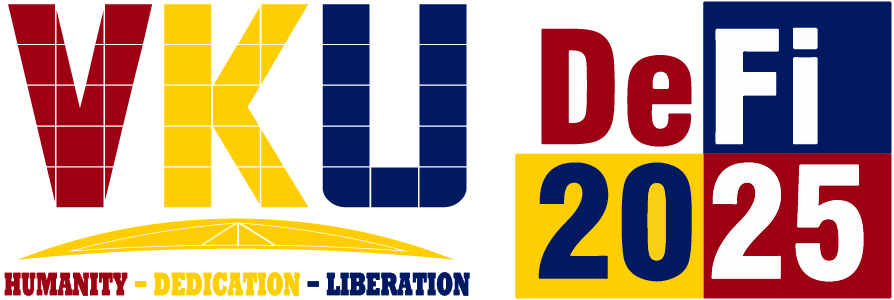Think global, Act local: An alternative approach to social networking
Centralized social media platforms (e.g., Meta, X) embody a fundamentally toxic model, systematically eroding the digital public sphere. Chronic data privacy violations, deliberately opaque algorithms, exploitative user profiling, and monopolistic practices have catastrophically undermined public trust. This architecture inherently devalues real-world interaction and civic discourse, prioritizing addictive virtual engagement where users function primarily as extractable data commodities, fueling a cycle of manipulation and polarization.
This keynote demands an urgent paradigm shift. We introduce StepIn: a transformative vision for localized, decentralized, and context-aware platforms designed to restore health to our digital interactions. StepIn’s core architecture prioritizes user sovereignty and privacy by design, fundamentally treating individuals as autonomous actors, not products. We demonstrate how StepIn dismantles centralized power structures, enabling the creation of diverse, interoperable local digital ecosystems. These ecosystems foster resilient, community-specific interactions, grounded in shared context and mutual accountability, empowering users to shape their own digital environments through agent-assisted interactions and participatory governance.
Crucially, StepIn unlocks viable, sustainable socio-economic models operating within immediate social environments. It moves decisively beyond the predatory, attention-based economy of behavioral advertising. Instead, StepIn facilitates value circulation within communities – supporting local initiatives, enabling microtransactions for trusted content/services, and fostering reputation-based economies. The platform enhances technical resilience through its distributed architecture and mandates radical transparency in algorithmic processes and data usage. StepIn offers a concrete, ethical alternative actively rebuilding trust and restoring genuine value to the digital public sphere.
We will detail StepIn’s innovative business model, which aligns platform incentives with user well-being and community health, proving that ethical design can be economically sustainable. This model leverages the platform’s unique capabilities for context-aware services and trusted local commerce, moving away from surveillance capitalism.
We argue that the transformation StepIn represents is both technologically essential and socio-economically imperative. It provides the robust, human-centered foundation necessary not only for rectifying the failures of the current digital landscape but also for responsibly integrating and harnessing emerging future technologies – from advanced AI assistants operating with user consent to immersive spatial computing experiences grounded in real community needs.
Prof. Dr.-Ing. habil. Dr. h.c. Herwig Unger (*1966) received his PhD with a work on Petri Net transformation in 1994 from the Technical University of Ilmenau and his doctorate (habilitation) with a work on a fully decentralised web operating systems from the University of Rostock in 2000. Since 2006, he is a full professor at the FernUniversität in Hagen and the head of the Department of Communication Networks. In 2019, he obtained honorary PhD in Information Technology from the King Mongkut’s University of Technology in North Bangkok (Thailand). His research interests are in decentralised systems and self-organization, natural language processing, Big Data as well as large scale simulations. He has published more than 180 publications in refereed journals and conferences, published or edited more than 40 books and gave over 35 invited talks and lectures in over 15 countries. Beside various industrial cooperations, e.g. with Airbus Industries, he has been a guest researcher/professor at the ICSI Berkeley, University of Leipzig, Universitè de Montreal (Canada), Universidad de Guadalajara (Mexico), Okayama University (Japan) and the King Mongkut’s University of Technology North Bangkok.
